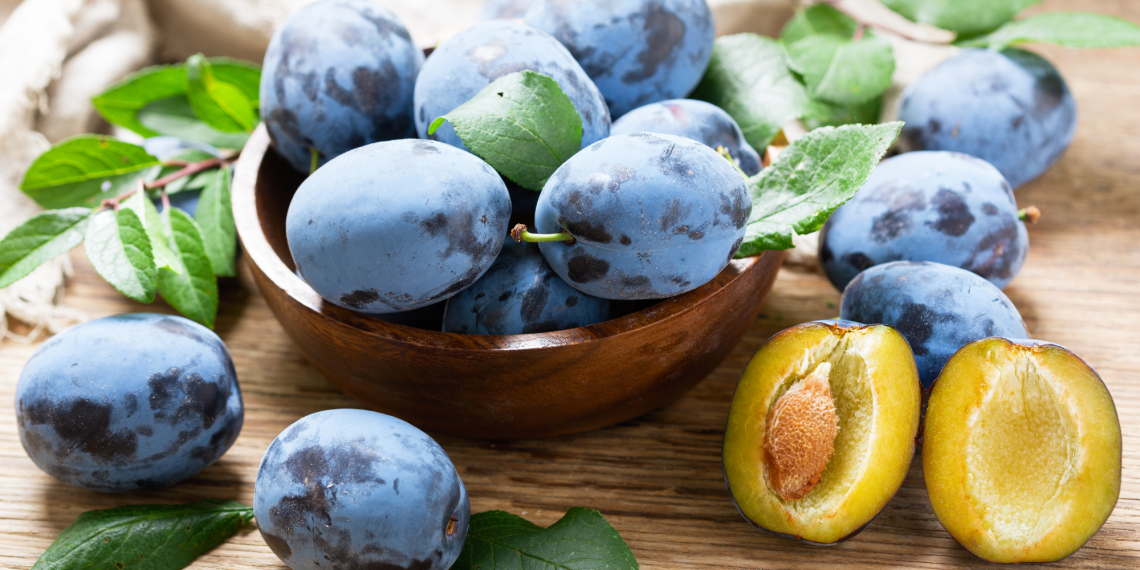
Plums,facts
Raw plums
- Plums were first grown in Asia thousands of years ago.
- Plums are a member of the stone fruit family and are related to peaches, cherries, apricots, and almonds.
- There are many different varieties of plums with two main types - European plums (oval-shaped) and Japanese plums (round-shaped).
- The average lifespan for cultivated plum trees is 15 years and it starts oriducing fruits 3 to 5 years after planting.
- Plums contain vitamin K, vitamin C, phosphorus, magnesium and potassium.
- Plums are rich in fiber and polyphenol antioxidants.
- Plums provide a small amount of B vitamins, phosphorus and magnesium.
- Plums contain sorbitol, which is a sugar alcohol with natural laxative effects.
- Plums are low glycemic index food (GI).
- Eating too many prunes at once may lead to undesirable effects, such as diarrhea.
- Some people are allergic to plums.
- Plums should be stored at room temperature until ripe.
- Ripe plums may last several days in the refrigerator.
- Plums should be washed in cold running water just before using and it is best be eaten unpeeled as the peel provides fiber and carries some of the health benefiting antioxidant pigments.
- When dried, plums are known as prunes.
- In the Balkans, especially in Serbia and Bulgaria plums are converted into an alcoholic drink named slivovitza.


 Bulgarian
Bulgarian